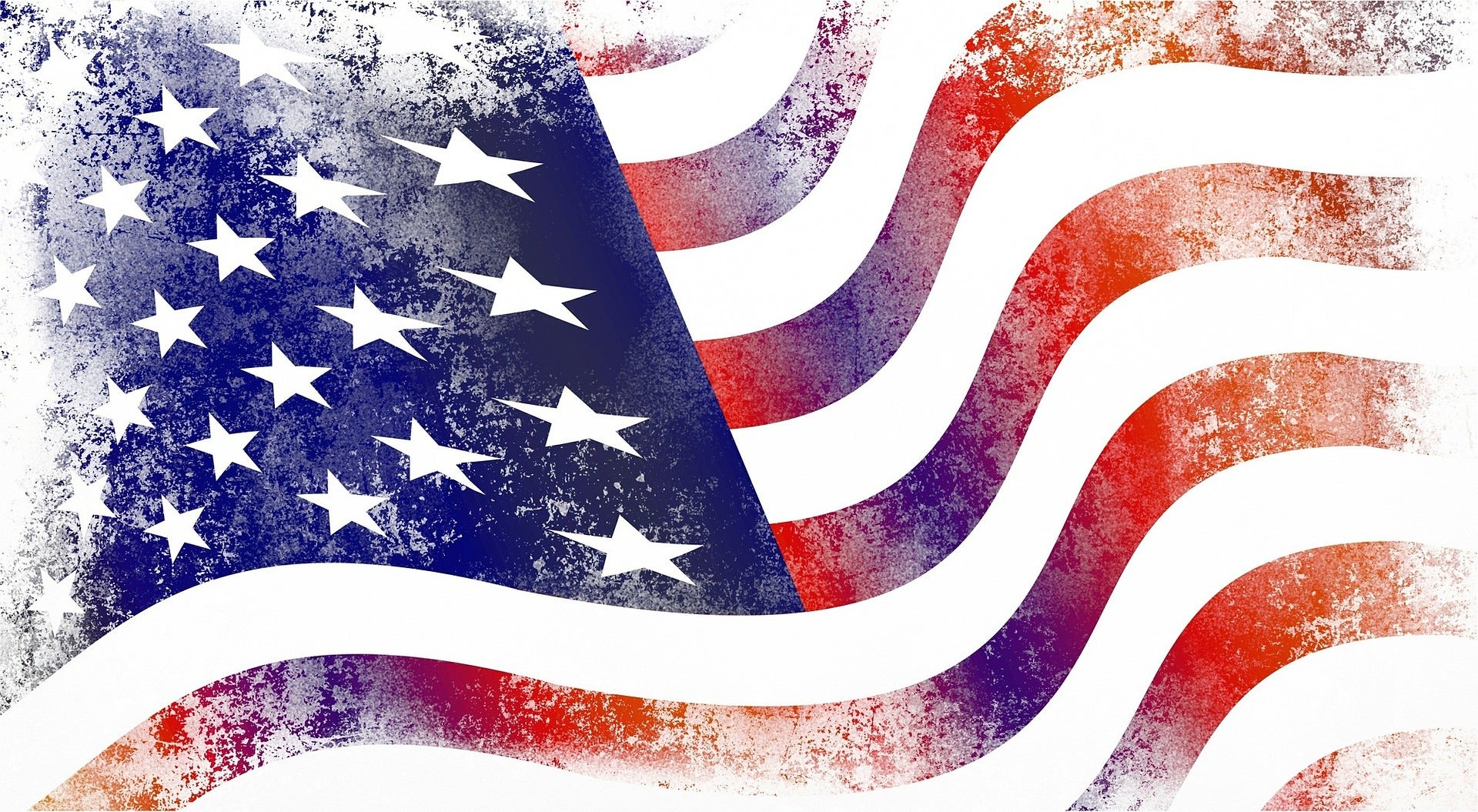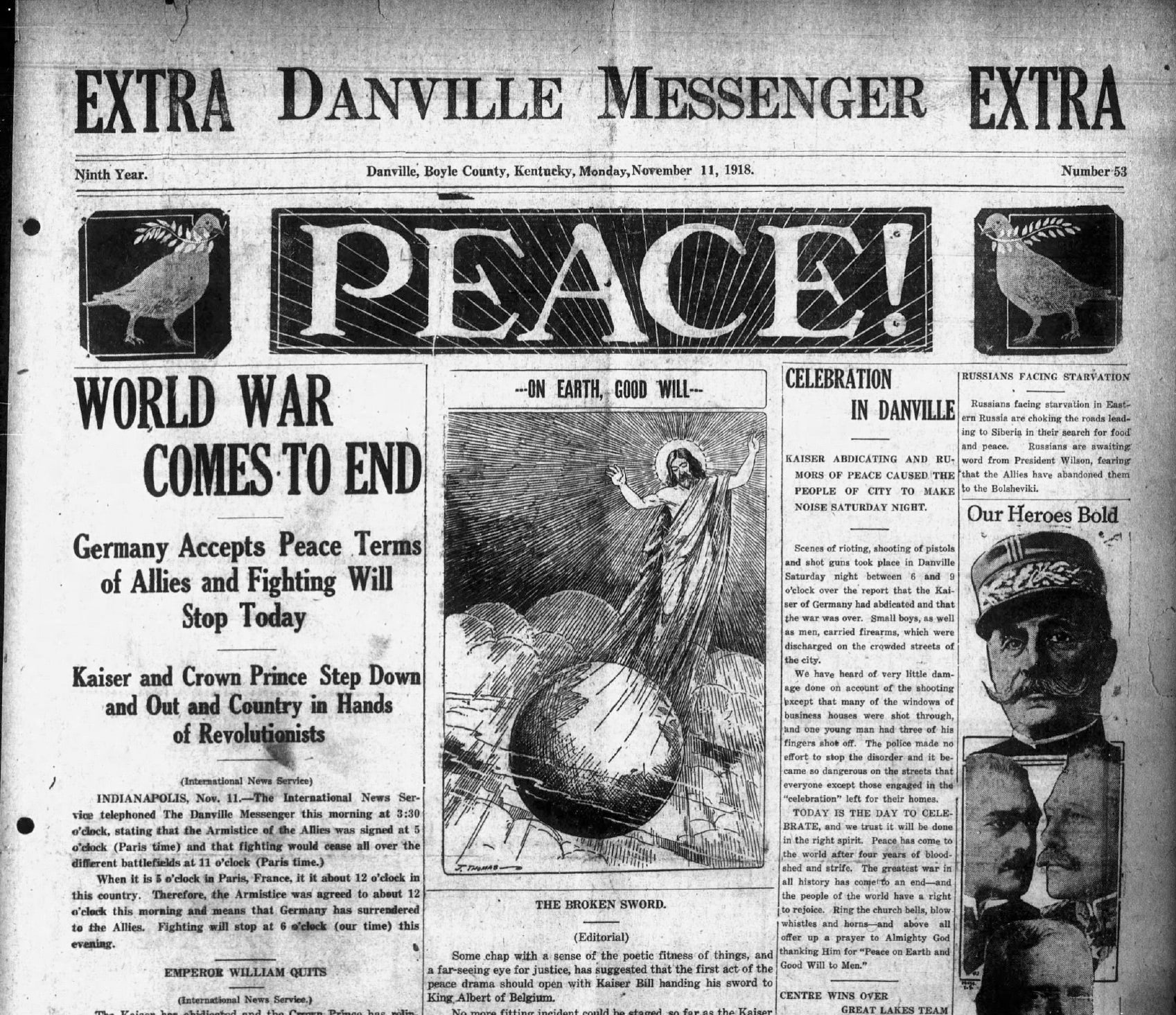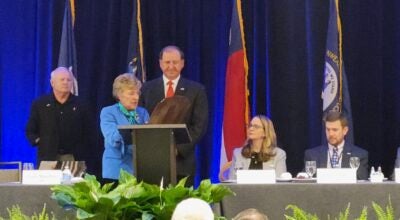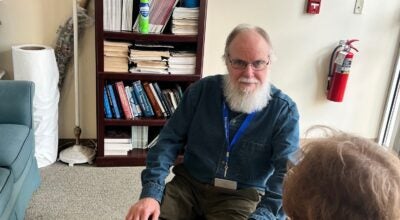Memorial Day: Freedom is not free
Published 7:00 am Monday, May 30, 2022
By: Billy Holland, Contributing Columnist
Memorial means to “remember” and every year on the last Monday in May, we honor those who made the ultimate sacrifice with their lives in the line of active military service while protecting and defending the country they loved. For those of you that have family members and close friends who died fighting for our freedoms, we can know they perished for a cause greater than their own.
What do you think about when you hear the words Memorial Day and does it have personal significance? Unfortunately, for some Americans, the true meaning of Memorial Day has been seemingly lost. It’s common for people to be glad for another federal holiday and a three-day weekend. Some recognize the occasion as the beginning of summer and celebrate with a cookout. Then there are the parents, spouses, siblings, and children who will touch their loved one’s name on a military memorial wall, and place flowers on their grave. My mother’s youngest brother Clinton was 19-years-old when he was killed on a battlefield in Korea. Clinton (who was nicknamed Kenny), and his cousin Thomas both went into the army together and had dreams of a happy life after the war, but neither one returned.
Memorial Day is often confused with Veterans Day or even Armed Forces Day, and though it’s highly appropriate to honor all our veterans, living and dead, and to recognize their immeasurable contributions to our country, this is not the true meaning of Memorial Day. So, why do so many Americans feel uncomfortable and refuse to acknowledge our fallen patriots? We realize our human nature tends to avoid the unpleasant, and this is natural, nonetheless, these individuals deserve our respect and honor.
The tradition of the Memorial Day celebration began on May 30, 1868, as an initiative by Major General John A. Logan. The event was held with a large gathering of people decorating the graves of thousands of military personnel. After speeches by officials, children from an orphanage made their way through the cemetery, singing hymns. New York was the first state to declare Memorial Day as an official holiday, followed by other states. The southern province observed it separately until the completion of World War I, after which the Memorial Day celebration included all the Americans who sacrificed their lives in any war. Official guidelines say the flag in all administrative buildings should be displayed at half-staff. In 2000, President Bill Clinton implemented ‘The National Moment of Remembrance Act’ to encourage all Americans to voluntarily stop wherever they are at 3 PM local time on Memorial Day for a moment of silence to honor those who have died in service to the nation.
I want to share this true account about private George Watson, a member of the Army’s 29th Quartermaster Regiment who hailed from Birmingham, Alabama. On March 8, 1943, he was far from home in the Pacific theater. His unit was on board the Dutch steamer USAT Jacob near Porloch Harbor, New Guinea, when it came under a sudden and devastating attack from Japanese bomber planes. The cargo ship was destroyed after sustaining several direct hits and had to be abandoned. Chances of survival seemed slim to the frightened men floating helplessly in the ocean as enemy fire continued to rain down on them.
At that moment, Watson demonstrated bravery worthy of the most heroic warrior. Without thought for his own safety or survival, he dived into the water and started swimming to those who were drowning, pulling his injured and helpless comrades to the few available life rafts. No one is certain how many men he saved, but according to eyewitnesses, it is certain that in his relentless efforts, many men lived because of his fearless courage. George continued until finally becoming so fatigued he did not have the strength to avoid the powerful suction when the ship began to sink. Watson, along with four other valiant sailors, disappeared beneath the waves. For extraordinary heroism on the front lines of combat, Watson became the first black American soldier to receive the Distinguished Service Cross. His love for others and demonstration of selflessness were even further recognized when he was awarded the Congressional Medal of Honor during a 1997 ceremony. Because Watson had no family members to claim his medals, citations, honors, and other awards, they are proudly displayed by the U.S. Army Quartermaster Museum at Fort Lee, Virginia. George Watson field at Fort Benning, and The United States Navy ship, USNS Watson, is named after him.







